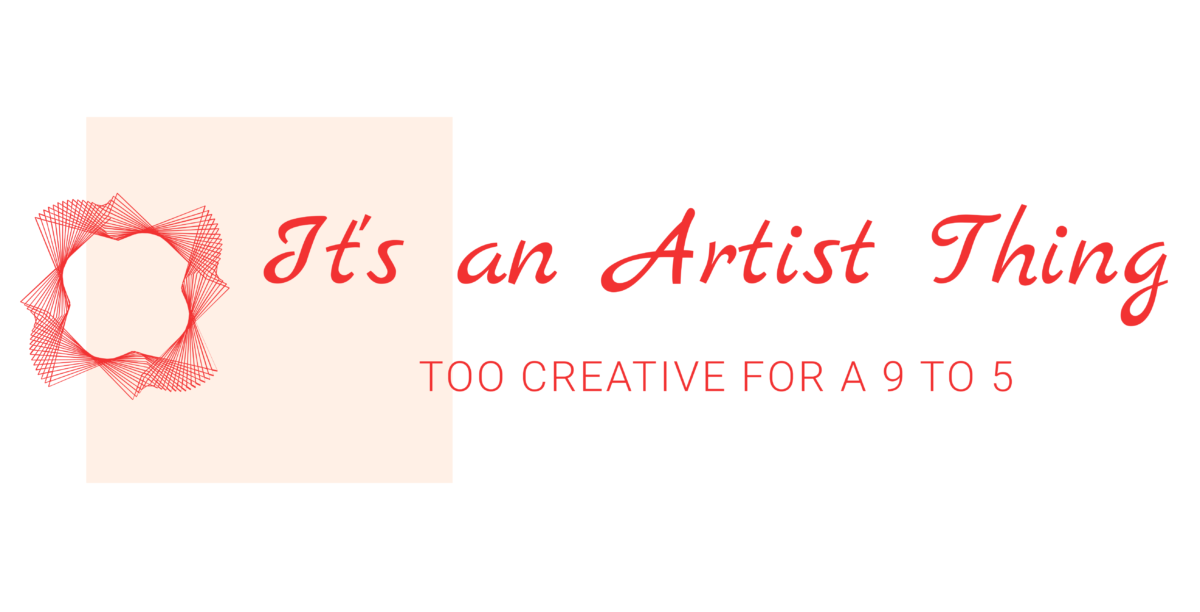
5 Signs of a Great Ghostwriting Client: Job Navigation
Like in any sphere, there are many different types of people to be found in the freelancing pool. When you’re a writer, it can be difficult to distinguish the good ghostwriting client from the not-so-good one. It’s a two-way street, but we’ll have to save what to look for in a good freelancer for another time. Today, let’s delve into five ways to spot a great potential client.
As a ghostwriter and developmental editor, this list emerged in my brain based on personal experience. I’ve had great experiences and ones that were quite the opposite of great through the course of my career, so I’d like to take the opportunity to share with you the similarities I’ve found in my best clients looking back. Here it goes.
A stellar client will have.
Clear communication
So, you open up a message from a potential ghostwriting client. He says that he has ongoing work for the right person and he would be thrilled to work with you. You discuss a few points about his needs and decide you’d like to work with him. You send an email back agreeing to his terms and wait for a reply.
Nothing.
You wait a little longer before deciding to reach out again. Finally, you receive a response saying that the position has already been filled. This scenario has played out more than once during my time as a writer.
The world of freelance is a fast-moving business, there’s no getting around that and sometimes it means that for one reason or another, you won’t be the fastest horse in the race and will miss an opportunity.
However, leaving a potential collaborator hanging is not the professional thing to do, even if the position has been filled.
It’s the Little Things
I recently corresponded with a potential client who rejected me in the ‘right’ way. She was prompt when it came to getting back to me and even told me exactly how soon I could expect to here from her during our time of interaction. This seems very simple. All she did was keep me updated, but it made a huge difference when it came to my desire to work with her.
Our correspondence didn’t result in a partnership so she and I did not end up working together, but her responses were timely and it showed respect for my time. Even when it came down to telling me that what I was offering didn’t align with her current needs, I appreciated the fact that she valued me enough as a professional not to leave me hanging.
It’s the same as being considerate enough to let a potential ghostwriting client know that you won’t be able to work with him or her. A client who offers clear communication will eliminate a great deal of wasted time and is one that you want to hold onto. When you get to working with one of them, this trait becomes even more valuable as you move forward with each step of the job.
5 Things That Instantly Make a Freelancer Appear More Professional
Ability to Acknowledge Your Skills as a Writer
Any writer knows the pain of having to justify his skills to a potential client. It’s this terrible kind of ring-around-the-rosy game that has manifested itself in a couple of ways in my own experience.
There are those clients who say that they want YOU to write for them and then they proceed to critique just about every move you make (or word you write). I recently had a client who gave me the runaround.
How Not to Do It
He asked me to consider working with him.
I said I’d be pleased to discuss it. I sent him a thorough cover letter, resume, and samples along with my price per word.
His response back was to curtly say “There is no way I’m going to pay that, Sierra. If you want to work for x amount, we can give it a try.”
X amount was WAAAYYY below my originally quoted price. Guess whether or not I was ready to pounce on my keyboard and take the next step of the interview. You guessed right—I didn’t pounce.
There’s something you have to be careful of: a ghostwriting client who will do their best to convince you that you aren’t worth the price you’re charging and intimidate you by trying to tell you that you charge too much. But do you know what the real issue is? Here it is: They can’t afford your skills. And that’s okay! Don’t be afraid to let them move on down the line because the disregard for your expertise by these clients will only continue as time goes on. Even if they do come to respect your skills eventually, a client who is so adamant about paying a writer a price that is lower than what you’re asking isn’t going to be quick to give you a raise. Basically, it’s a dead end.
Over my time of working with such clients my philosophy became this: my samples do the talking. So, if you don’t want to pay my rates or you think that what I am offering isn’t going to cut it for your project, then there’s nothing I can do for you. Move along.
Thoroughness
This quality is as important for the writer to uphold as it is for the client. Generally, the first opportunity to spot whether or not a client is strong in the area of thoroughness is in the job posting or invitation he sends you initially.
If his expectations and description of the project are well outlined, that’s a great sign. The manner in which he addresses you also tells you a lot. Does he simply say “hey, I have this job open. Let me know if you’re interested”? That’s okay, but want to know what’s even better? When the initial inquiry is actually personalized. I’m a sucker for a ghostwriting client who mentions my samples. I love hearing that they read them and that my writing style aligns with what they are looking for. This assures me that further discussion won’t waste my time because they’ve already done their research on my skills.
Many clients (understandably) request that writers read all of the job requirements they’ve posted before applying to the job. But the truth is that clients oftentimes fail to do this themselves.
When a client takes the time to add wording that assures the writer that he or she is being chosen with intention and his or her time is not being wasted it goes a long way, doesn’t it? Vagueness in the beginning has never ended well for me. I’ve personally had good luck with clients who demonstrated intentional interest and attention to detail from the beginning.
Professionalism
Seems like a given. However, I have let an absence of this quality slide before when accepting a new client and regretted it later. Straightforward talk and efficiency are signs of professionalism. When these two things are present in a client’s interactions with you, he presents himself as a person who is ready to get down to business. And so are you, so it works out great!
Piggy-backing on #2, the “Ability to Acknowledge Your Skills as a Writer” is also an important part of professionalism. The most professional clients I have encountered were the ones who received my rate/price and accepted it so that we could move forward.
No bartering, no trying to get high quality work for a low price. None of that. It’s such a refreshing experience.
When a ghostwriting client tries to get me to lower my prices, it sends up red flags immediately. These types of clients remind me of a sleazy guy in a store who is always trying to get a deal. He never wants to pay top-dollar even when the goods are worth it. A professional client won’t give you this type of run-around.
If a client cannot pay your price, he should let you know that (in a respectful way, of course–not the way the guy in #2 did). Going back and forth with a client as if you’re at an auction is like a bad relationship that just keeps dragging on and on…. Someone’s going to have to give in. Don’t let it be you because you deserve better than that! And trust me, letting that guy go will save you a huge headache.
Humanness
We’re all human, clients and writers alike. However, there is a great deal of impersonal interaction involved when you’re working with clients you will probably never meet in person as you do in online jobs. There’s nothing wrong with keeping things this way—it’s not like the job won’t get done if it feels like the client is more of a robot than a person. It is definitely possible.
Still, I’ve found that my experiences with clients who have taken the time to make our interactions more human have been the best ones.
One Good One I Found
The best client I have made it so that he felt extremely human to me even before we ever exchanged a single word over the phone. Instead of just sending me my check at the conclusion of a job (which, by the way, is perfectly acceptable), I’ve received payment accompanied by beautiful cards, thoughtful notes thanking me for my work, and even souvenirs! That’s right—my client sent me paper menus and pictures when he took a trip to Japan and a beautiful postcard of the Sea of Galilee when he visited Israel.
Additionally, when we are coordinating deadlines, he is genuinely understanding about the fact that I have a personal life. The other day I was telling him that I would be able to get back to work on our project on Monday because I had someone visiting from out of the state that weekend. Instead of reacting to this as an inconvenience, he asked a few questions of genuine interest before telling me to have a great time and that we’d touch base again on Monday.
A client who is open about the fact that he has a personal life, is more likely to acknowledge and understand that you have one too.
I understand, there are oftentimes deadlines to be met. But the great rapport that we’d developed due to the considerate measures he’d already taken in our working relationship made it no big deal to shift the schedule a little.
A great client doesn’t have to be over the top. However, the point is that making some sort of effort to maintain an amount of humanness can go a long way in prolonging a working relationship.
Conclusion
What are the greatest qualities that you have discovered in your best ghostwriting client relationships? What do you think has helped to prolong your longest running relationships?





